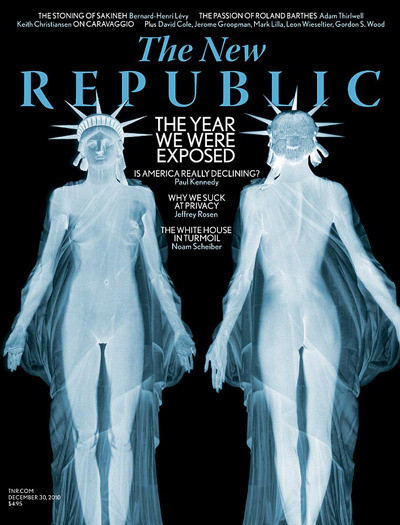Yesterday, John Gruber wrote a bit about title tags, specifically about how many big, primarily news-oriented sites get them wrong. It’s the sort of detail focused (some might say pedantic) writing that Daring Fireball does well and why I consider John a must-read. With one exception, I agree with John’s points and wholeheartedly endorse his final prescription: write title tags that would make sense for a bookmark.
That one exception is when John claims that keywords in the title tag don’t affect a page’s search engine rank. “Putting SEO keywords in the page title (a) doesn’t actually help your page’s rank in search engine indexes…” I suspect John means that Google’s highly secretive, constantly tweaked PageRank search algorithm is generally smart enough to avoid being gamed but the hard truth is that keywords in the title tag do seem to carry some weight. There’s a question on Stack Exchange about this very thing and even some discussion about changes made to Stack Exchange1 itself that provide a little insight into the cruel and shallow money trench that is search engine optimization. My friend and coworker Tiff Fehr has even more smart things to say about the grammar of title tags.
Most of the sites that John points to as being bad examples of title tag writing are media sites and, as someone who works at one of the very media companies2 cited, I was interested in why media companies in particular are so bad at this. It’d be easy to chalk it up to drinking a bit too much SEO snakeoil (which, sadly, still happens, despite the protests of the many web professionals on the payrolls at these companies) but I think there’s another issue at play.
News sites, more so than the examples of “good” sites John mentioned like Google and Apple, are by-and-large commodities. The top sites, like CNN, msnbc, Yahoo News, Google News, the New York Times and even the Huffington Post are, for the most part, trafficking the same content. Particularly when it comes to breaking news, when a user might just enter “news” or “breaking news” into a search engine and click whatever comes up first, being at or near the top is just as, if not more, important than branding that top link. That’s why CNN, FOX, msnbc, the New York Times and the Huffington Post (and countless others, I’m sure) have “Breaking News” not just in the title tag but prominently so, even to the exclusion of the name of the site itself.
It’s not the SEO consultants that are forcing this behavior, it’s the executives that are saying “we need to be the number one rank in google for breaking news, dammit!”. The consultants are just giving them what they say they want and cashing their checks.
Contrast the commodified wire copy of your average news site to the very strong brand of, say, the iPad and the difference in title tag strategy is a bit more evident. News sites are stuffing those title tags full of keywords, wisely or not, because they feel they have to compete in a crowded market. Apple doesn’t because they already own strong brands that don’t need to compete agains’t commodities – they create their own markets (go ahead and compare a search of “cellphone” or “mobile phone”, where Apple has zero presence, to one for “iPhone”).
I don’t mean this as some apologia of the dumb things media companies do to try to game search engines – I personally support the simplified approach John advocates. If anything, I’m curious why news sites continue this arms race with each other and why search engines seem to, if not encourage, tolerate it.
Stack Exchange found that it was being beat at its own game by slimy scrapers that were copying q&a’s from their site wholesale, slapping a bunch of ads on them then optimizing the page for search engines. They (Stack Exchange) actually had to change the format of their own title tags to include a keyword as the first part of the title tag to help combat the problem. Cruel and shallow money trench indeed. ↩︎
I work at msnbc.com and, just as a small illustration of the clout John wields, when my coworkers and I returned from lunch on Monday to read his post, several of us raced to fix a small, embarrassing bug he had pointed out (the original Daring Fireball post has now been edited in light of the fix). ↩︎
